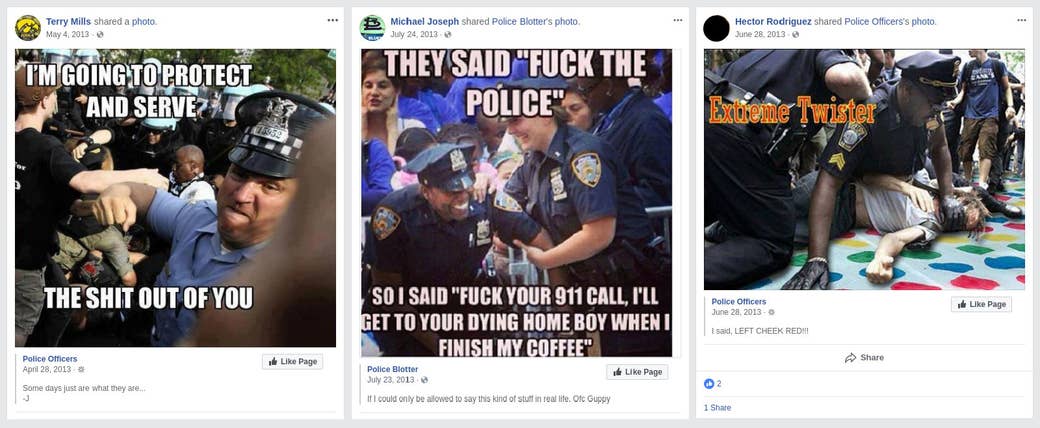The avalanche of shame continues. More stories in my inbox about officers making racist, misogynistic, or homophobic statements on social media. Just as cell phones have documented far too many questionable behaviors and exposed some folks who might not be a good fit for policing, now social media is going to catch more bad behavior in its drag net.
Before we allow ourselves to fall into the trap of victimhood, and say these officers are being unfairly treated, I would remind us all that our badge makes us different. We are public servants, we are sworn to uphold the ethics of our profession, serve and protect equally, and enforce laws without bias. We enforce society’s laws, police are not the law. Police are rightly given a status in our community because of the risks involved in crime fighting. With that status and respect comes great responsibility.
Long before these investigative reports exposed cops expressing biased beliefs, I had seen many blogs written on various police sites (some legitimate, respectable law enforcement pages, others are ugly clickbait sowing their own anger for profit). Some of the opinions expressed were angry rants that most of us have heard around the station house for years. The disgruntled guy/gal who makes everyone miserable just being around them, and too often, makes every radio call miserable when they deliberately antagonize the complainant or start the fight. You know who I mean.
This particular brand of cop is mired in a culture of complaining and grievance. They gripe to anyone who will listen, and now they do the same on the internet. Problem is, that gets shared because we find it amusing and it goes viral. One blog I saw recently with comments like: “When you say, you only pulled me over ’cause I’m black, I want to punch you in the throat…I hate everyone these days.” (the blog that contained that sentiment was shared over 50k times) Another one mused of “carpet bombing” in a minority community. I could go on and on.
My friends, it’s difficult to defend these actions because they are clearly not mistakes, as many would claim. I mean, the individuals are intentionally logging onto whatever site and deciding to share the meme, type the offending comment, or share the ugliness they see. Here’s the problem: In the Internet age, the whole world sees it. So, although it might feel good to grouse about the job with colorful language, I submit that when the public sees it, they don’t find it funny. It doesn’t endear us to them. It doesn’t make them sympathetic to our cause. How could it?
The ripple effect of police corruption, abuse, or unethical behavior by bad actors is one of the biggest dangers cops face. Why? Because it makes citizens angry. It makes them distrustful of police. It feeds into the worst things people hear about cops, confirming their antagonism. Trust me, if they think you’re going to mistreat them before you even open your mouth, they’re ready for a fight and you’re already in danger.
I get that the job is difficult, frustrating, and dangerous. I get the need to blow off steam. I do not understand racist rants and violent insinuations. We have spent the last 30 years insisting that we are now professionals, better educated and deserving of higher pay and status. Most who do the job do so with utmost professionalism and honor. But when we continue to allow the ugly side of our profession to go unchecked, we undermine the good.
If you remain on these sites, even silently, you are complicit. If you are posting and actively participating, you cannot tell me it has no bearing on how you police. People who are not racists, misogynists, or homophobes do not post such things. It’s just not healthy for us and it’s very unhealthy for our relationship to our communities. The communities we serve are not okay with this. They see it as hypocrisy when we decry citizens’ protests and free speech, and demand consequences for athletes, then say we should have none.
Officer safety depends on community trust. We destroy that trust with every angry post we write and every racist cop we defend.
Be safe.
Improving Police: A Necessary Conversation

